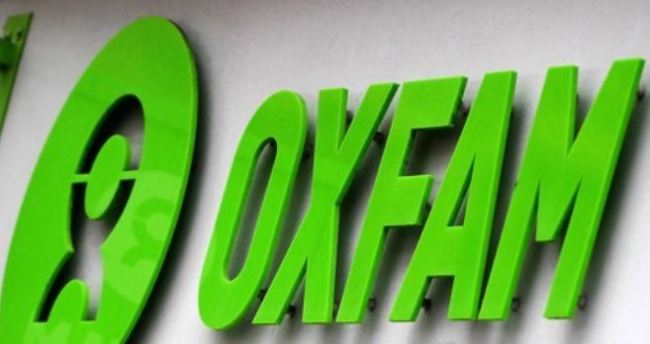South Korea is among countries making progress in reducing the gap between rich and poor through policies on social spending, tax and labor rights, aid agency Oxfam said in a report on Tuesday.
Oxfam and Development Finance International Group, a non-profit research group, issued a survey ranking 157 countries in the three policy areas deemed critical to reducing inequality, based on data available as of the end of 2017.

Korea, Indonesia, and Georgia were hailed for taking positive steps, while Nigeria, Singapore, and Argentina were named among governments fueling inequality.
"All over the world, governments are taking strong policy steps to fight inequality. President Moon (Jae-in) of South Korea tops the class, having increased tax on the richest earners, boosted spending for the poor and dramatically increased the minimum wage," the report said.
Korea ranked 56th overall in the Commitment to Reducing Inequality Index -- 60th in terms of social spending, 81st in tax, and 61st in labor rights.
The report noted that over the past two decades the country's inequality levels have been increasing rapidly. The income growth of those at the bottom has stagnated while the top 10 percent have seen their incomes grow by 6 percent each year so that they now lay claim to 45 percent of national income.
"Moon has committed to dramatically increasing the minimum wage and in his first year in office has delivered, increasing it by 16.4 percent," Oxfam said.
He has also increased taxation on large corporations and high income earners and embarked on programs for expanded welfare spending, it added.
Denmark topped the index thanks to a long history of high and progressive taxation, generous social spending and worker protections, but recent governments are rolling back these policies and inequality has risen rapidly, it warned.
The report urged governments' efforts to reduce inequality, which slows economic growth, undermines the fight against poverty and increases social tensions.
"The World Bank predicts that unless governments tackle inequality then the goal of eradicating extreme poverty by 2030 will not be met and almost half a billion people will still be living in extreme poverty," it said.
The index was released ahead this week's meeting of finance ministers, central bank governors and other economic leaders at the World Bank and International Monetary Fund annual meetings in Bali, Indonesia. (Yonhap)



















